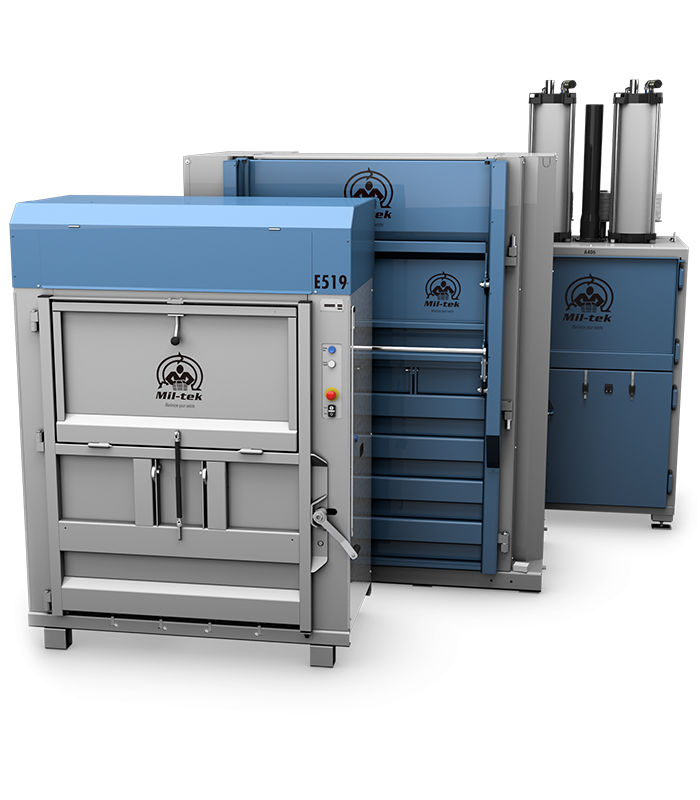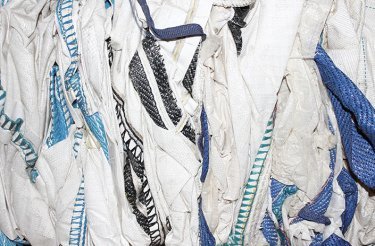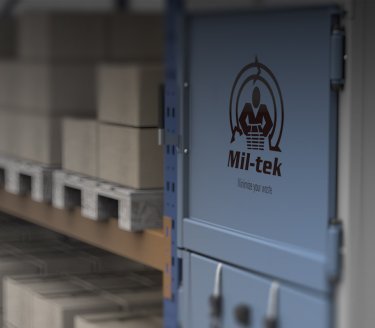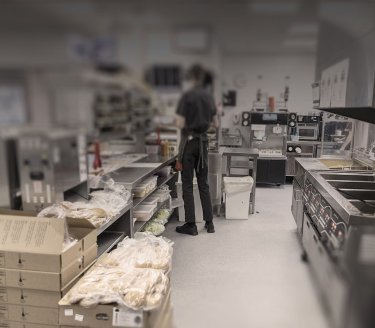Utilizing jumbo bags
Industries that handle huge volumes of dry, loose commodities like sand, grain, and animal feed frequently use Jumbo bags due to their versatility and capacity.
In agriculture, they are used for transporting and storing grains, seeds, fertilizers, and animal feed. The construction industry utilizes them for handling sand, gravel, cement, and other building materials. In the food industry, they are essential for packaging bulk items like sugar, flour, and starch. The chemical industry relies on jumbo bags for storing and transporting powders, granules, and other chemical products. In mining, these bags are used for moving ore, minerals, and other raw materials. Additionally, the recycling and waste management sector uses jumbo bags for collecting and transporting recyclable materials and waste.






